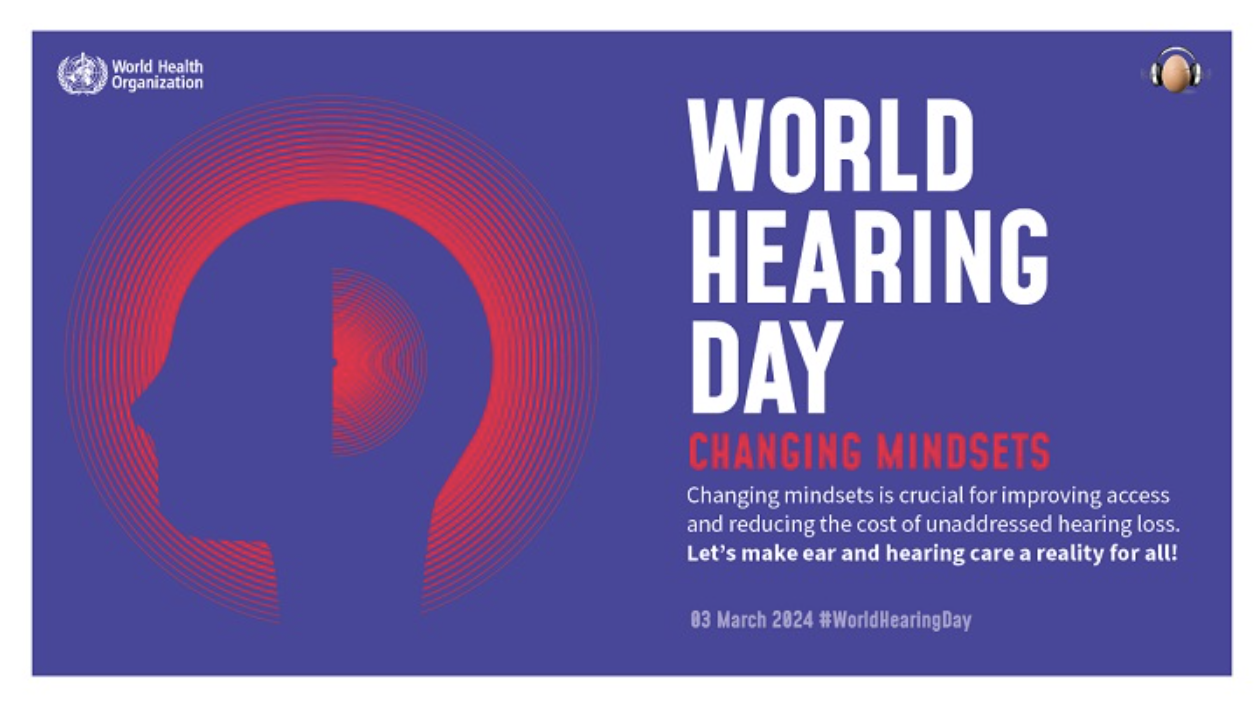
Baby with Little, Pink Hearing Aids Featured in National Ad Campaign
February 3, 2017
My Dog Ate My Hearing Aids. How I Found Funding for New Ones
February 7, 2017How does conductive hearing loss affect the brain?

Have you ever had temporary hearing loss, possibly caused by an ear infection or a build-up of wax, which has affected your hearing?
According to a new study, “Even short-term blockages in hearing can lead to remarkable changes in the auditory system, altering the behavior and structure of nerve cells that relay information from the ear to the brain.”
The research into what happened when mice experienced temporary conductive hearing loss over a period of three days to over a week were published in the Journal of Neuroscience.
“We wanted to know what happens at the brain stem, in the cells coming from the ear,” said lead researcher Matthew Xu-Friedman, PhD, and an associate professor of biological sciences in UB’s College of Arts and Sciences.
“What we saw is that some significant changes do occur within a few days. What’s still unclear, however, is whether the cells return to their normal state when acoustic conditions return to normal. We see in our research that the cells do seem to mostly bounce back, but we don’t yet know whether they completely recover.”
“We see in our research that the cells do seem to mostly bounce back, but we don’t yet know whether they completely recover.”
Research findings
Whilst experiencing temporary conductive hearing loss, the mice’s auditory nerve cells started to use their supplies of neurotransmitter (chemicals that help send signals from the ear to the brain) more freely than normal. Each time a new auditory signal came in, they depleted their reserves of neurotransmitter, simultaneously decreasing the amount of space within the cells that housed sac-like structures called vesicles (where neurotransmitter chemicals are stored).
“When it’s quiet, the demands on the auditory nerve cells are not as great,” Xu-Friedman explains. “So, it makes sense that you would see these changes: You no longer need as much neurotransmitter, so why invest in a lot of storage? If you’re not that active, you don’t need a big gas tank. And you’re not as afraid to use up what you have. This is one plausible explanation for what we observed.”
In a previous study, Xu-Friedman team placed mice in a consistently noisy environment. They learned that the mice’s auditory nerve cells conserved supplies of neurotransmitters, whilst increasing the storage capacity for the chemicals.
“It looks like these effects are two sides of the same coin, and they might be the first hints of a general rule that nerve cells regulate their connections based on how active they are,” says Xu-Friedman.
Reversing the changes
“When you undo the treatment, the cells start to go back to what they were like before,” says Xu-Friedman. “However, it’s not clear that they completely recover, so we need to do more research to see if that’s the case.”
“When you undo the treatment, the cells start to go back to what they were like before.”
What next?
He now aims to conduct a study into what happens when cells are repeatedly exposed to bouts of temporary conductive hearing loss.
“When she was young, my daughter had ear infections constantly. It seemed like she would get one every time she had a cold,” Xu-Friedman says. “I have no idea what this did to her hearing, whether there are lasting effects from this repeated plugging of the ears, or whether any impacts are temporary. If the nerve cells don’t go back completely to the way they were, it could have a permanent influence on the way you perceive sound.”




